On November 15th, the period of the Christmas Fast begins, a time of spiritual preparation preceding the Nativity of Christ. According to the Typikon, the liturgical statute of the Bulgarian Orthodox Church (BPC), this fast is second in length, yielding only to the Great Lent.
The Christmas Fast lasts forty days. However, it is not as strict as the Great and the Theotokos Fast, but is closer to the Apostles' (Peter's) Fast. On the eve of the fast, believers celebrate Christmas Forgiveness, a moment of mutual forgiveness and subsequent consumption of rich food. This is a time for conversations and tuning the spirit to the upcoming period dedicated to the Nativity of Christ.
What can be consumed during the Christmas Fast?
During the first week of the Christmas Fast, as well as from December 20th to 24th, inclusive, it is only allowed to consume plant-based food with olive oil. On the remaining days of this fast, with the exception of Wednesdays and Fridays, the consumption of snails, mussels, octopuses, and other seafood delicacies, traditionally considered fasting foods, is permitted. Traditionally, on November 21st, the Presentation of the Theotokos, and on December 6th, St. Nicholas Day, the consumption of fish is also permitted.
Preparation for Holy Communion
Believers who are preparing for confession and Holy Communion need to discuss with their confessor the way and degree of fasting they should observe. People suffering from illnesses or chronic diseases must necessarily consult their confessor or their parish priest, not forgetting to share the opinion of their treating physician.
History of the Christmas Fast
The establishment of the 40-day fast, associated with the celebration of the Nativity of Christ on December 25th, happened relatively late - in the 12th century. This is closely related to the establishment of the exact date of the holiday, which in turn determines the importance of the Nativity of Christ as the second most important Lord's Feast after the Resurrection of Christ (Pascha, Easter).
The celebration of the Nativity of Christ among Christians from the Western churches began around 350 AD. In the Eastern churches, the holiday was introduced by St. Gregory the Theologian in 380 AD, with Antioch following in 375 AD, Alexandria - in 432 AD under St. Cyril of Alexandria, and Jerusalem - under Patriarch Juvenal.
The dates on which this holiday was celebrated were also different: in the Western churches - on December 25th, in Antioch - on January 4th, in Alexandria - on April 18th or 19th, or on May 29th. The churches of Asia Minor celebrated it on January 6th or 10th. It was only at the end of the fourth and the beginning of the fifth century that a relative unity in the celebration of the Nativity of Christ occurred and all Orthodox churches began to celebrate it on December 25th.
A certain number of fasting days, immediately before the Nativity of Christ, have existed since the time when the holiday was celebrated together with Epiphany. St. Theophilus of Alexandria mentions a twelve-day fast at that time. Later, when the whole Church began to celebrate the Nativity of Christ separately from the feast of Epiphany, the Epiphany Fast was reduced to one day.
You may also like
In 1166, the Patriarch of Constantinople, Luke Chrysoberges, decreed that one should fast for forty days before the Nativity of Christ.

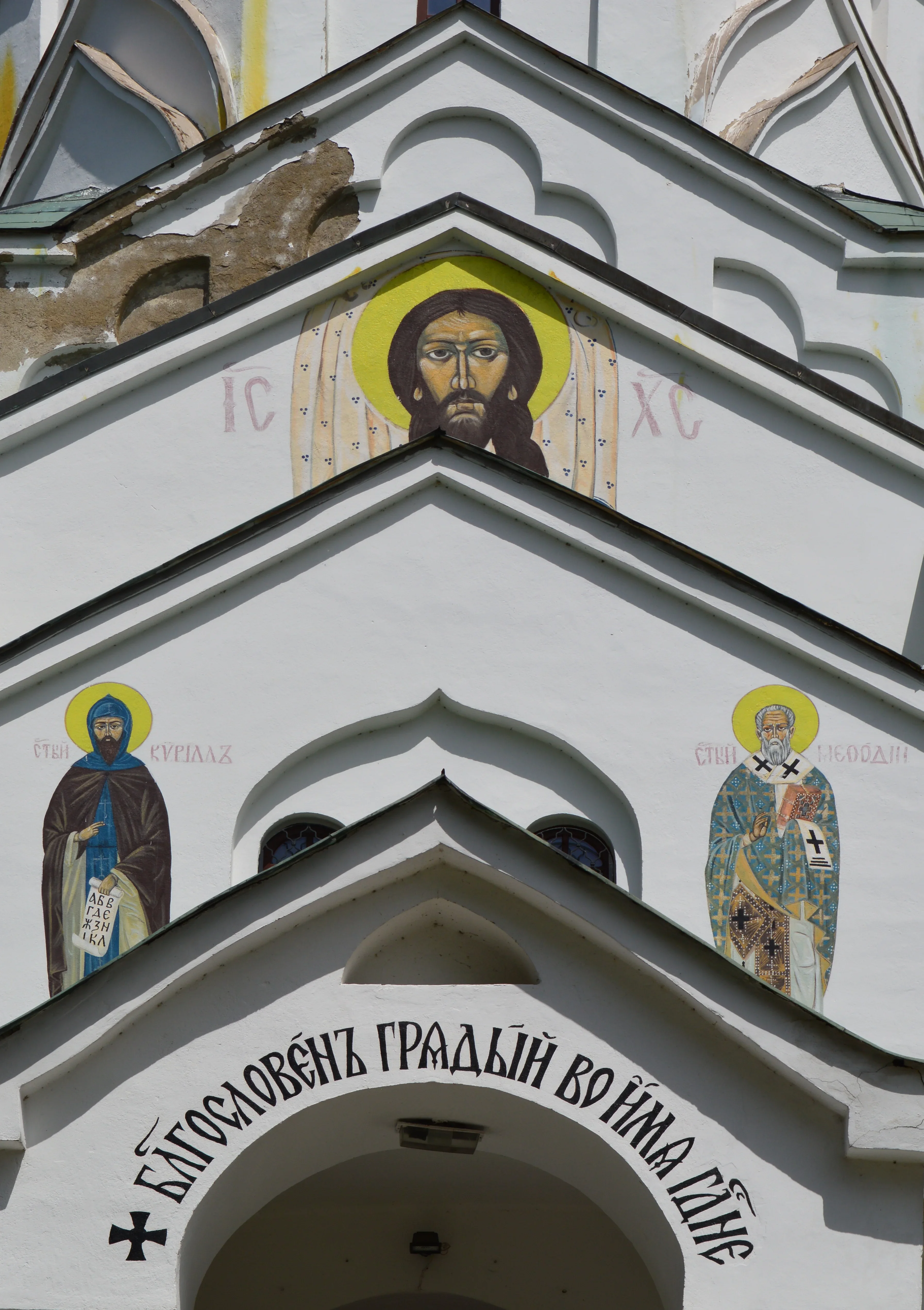
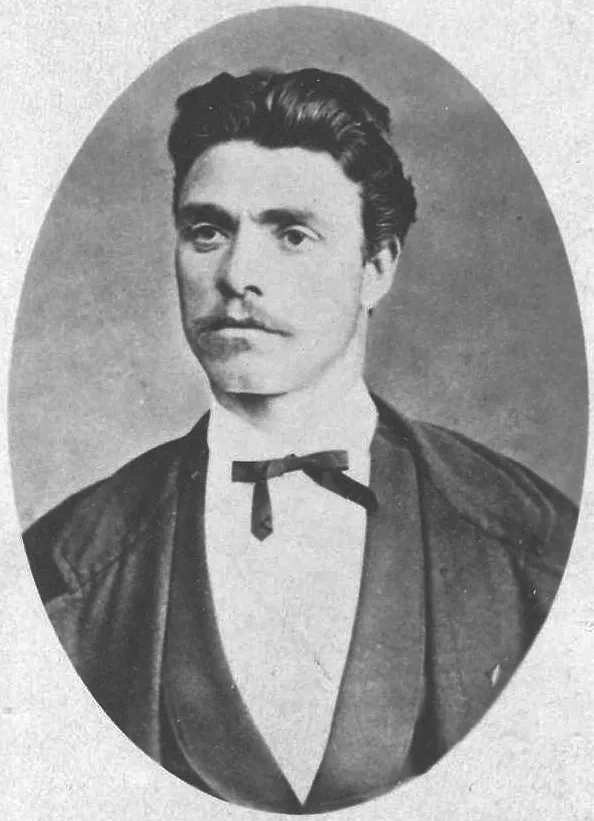

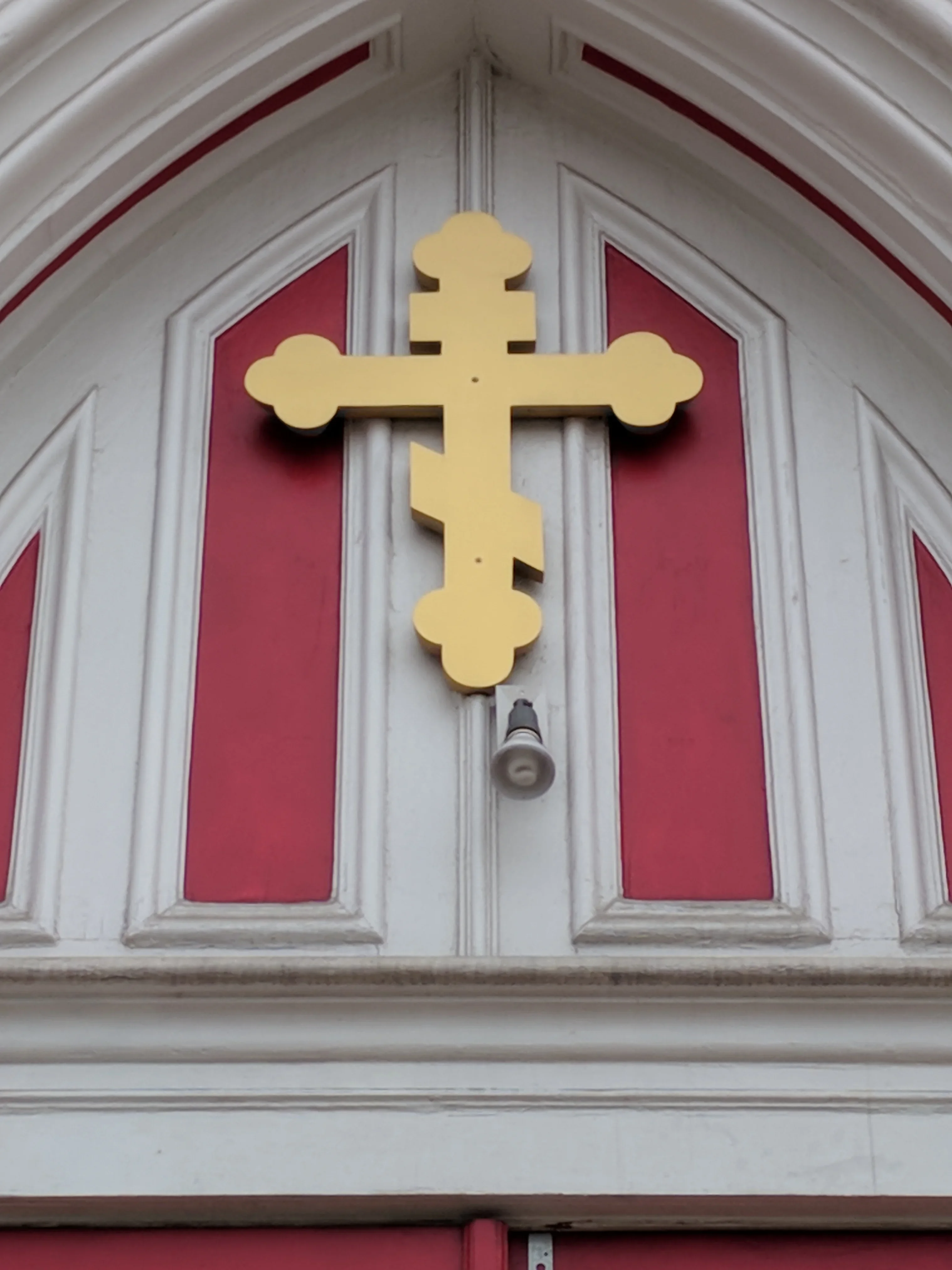
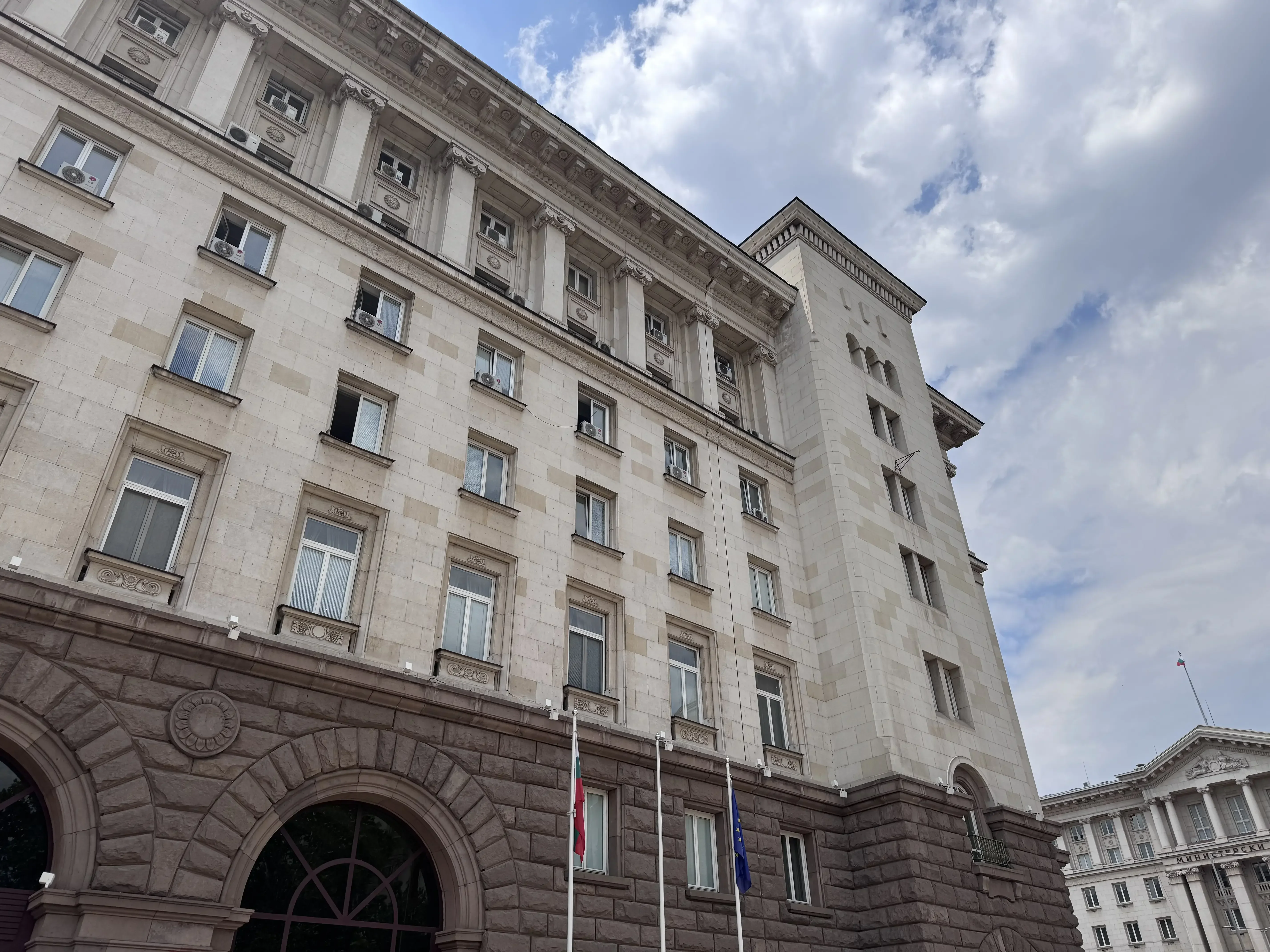
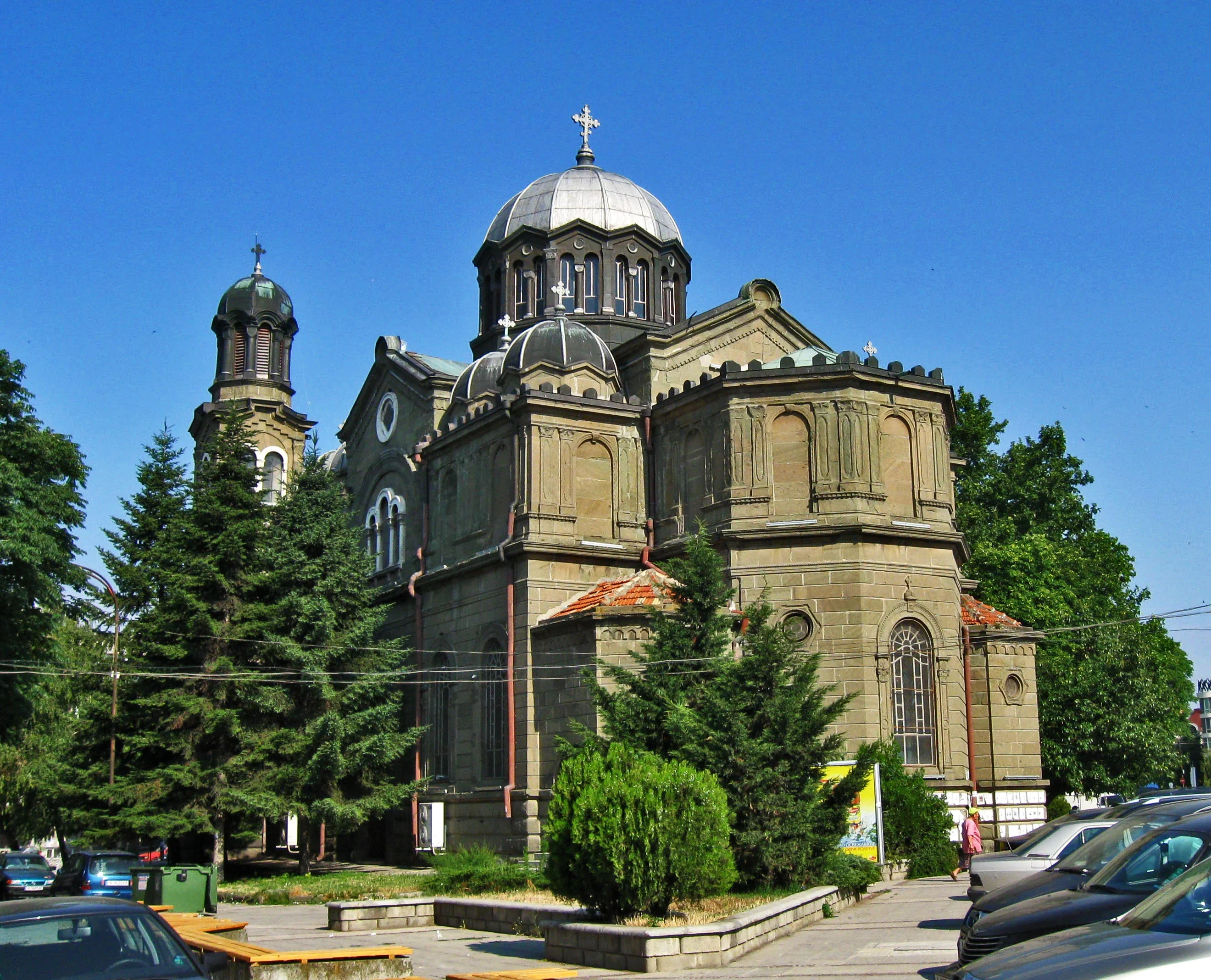
Коментари (170)
bg_gost
15.11.2025, 08:29Катосизнае,чевечеидватколеднитеразкоши!
не
15.11.2025, 08:33Ха-ха, не е за всички това да броим дни
anoniemen
15.11.2025, 08:34Хей, нне се страхувай
ivanka2007
15.11.2025, 08:32Ах, още един пост
NoComment1988
15.11.2025, 08:33скръбно е, че ние все още се дръ
petkan
15.11.2025, 08:35Хий, не е ли ве4е достатъчно да се празнуваме
kirov89
15.11.2025, 08:35Да, пак това с Рождеството 💸
anoniemen
15.11.2025, 09:01Ако не се постенеем, кой ще ни спаси от калорите! 🤦♂️
TONY_STARK
15.11.2025, 09:02хей, нито калориите са това, което ни спас
pich_007
15.11.2025, 09:02Haha, изправен комент
Nqkoi2001
15.11.2025, 09:04Ха?!
komentar_bg
15.11.2025, 09:02Тованеенякакъвстрогорелигиозенобичай!!
avtoritet
15.11.2025, 09:07Хайде, не се влезе в дребавините
holera
15.11.2025, 09:09Нямакакдасечудизатова,нопакевремеза
Nqkoi2016
15.11.2025, 09:11Ама какво си прави в тази епоха? 😅
BRATVASKO
15.11.2025, 09:12Абе моля те
anoniemen
15.11.2025, 09:14Сърдечно приема
K. Стоянов
15.11.2025, 09:10още една причина да не ам бургери през декември
petkan
15.11.2025, 09:12Абе моля те, не може да бъде само за храната
jivko
15.11.2025, 09:13Ах, аз мисля, че това е причина за повече ф
PR@V_EU
15.11.2025, 09:13хей, няма проблем!!
t. Костов
15.11.2025, 09:14Хайде,по-малкохрана,повечемолитви
krisko_bg1970
15.11.2025, 09:51Аз така мисля, че този пост е важен за на6ия дух
9A73
15.11.2025, 09:53Ха
ЛУД_ПЕТКО
15.11.2025, 09:53мислq, че ако не постим, ще изгубим духовния
therealivan
15.11.2025, 09:54Да, дядо ми винаги казваше, 4е Рожд
t. Тодоров
15.11.2025, 10:11аз така мисля, че този пост е важенн за нашата душа!
🤔_спаси
15.11.2025, 10:14Хм, аз не мисля, че глада ще ни спаси душата 🤔
petrov
15.11.2025, 10:11смешнно е, че не знаят, че се ближе р!
gringo_772014
15.11.2025, 10:13хайдеданегознаем,а?ниесменай-ин
нне_си
15.11.2025, 10:14Ах, Питров, нне си сериозен
4A8
15.11.2025, 10:57да се почне
BRATVASKO
15.11.2025, 11:00много добро!
admina
15.11.2025, 11:01Хайде, нещо здраво в живота 🙄
fan_45
15.11.2025, 11:18аз така мисля, че се изправяме пред важна част от
bratvasko
15.11.2025, 11:19Ама защо трябва да е 40 дни?
PETKAN
15.11.2025, 11:19да не е времето да си заемем с постене, а за да
JIVKO
15.11.2025, 11:20да,вярно
bratvasko
15.11.2025, 11:29Да, вече започва Рождественският пост 😁
699E
15.11.2025, 11:30хей, не се радвам много на това, но поне ще из
ADMINA
15.11.2025, 11:30Всеки се готови за духовна подготовка!!
BAT_VASKO
15.11.2025, 11:30Аз така мисля, че това е добра традиция, да се
ninja
15.11.2025, 11:39пост, пак пост
ГРАЖДАНИН_Х
15.11.2025, 11:42Хайде, нне се плаши, че си го загубил
martin_241981
15.11.2025, 11:57Аз така мисля, че това е важна част от нашата рели
Maimunata
15.11.2025, 11:59Хайде да го кажем наистина, без поста не би била
Kombinator
15.11.2025, 12:00да, това е най-важното нещо в живота
DADD7
15.11.2025, 12:00Сърце ми се грее
pesho982007
15.11.2025, 12:02Дагокажим,амазащонесеприлагаповече 💸
AS
15.11.2025, 11:58Постът ни е за мен, но срещу него нещо се прави!
NIKI_BG
15.11.2025, 11:59Хехе, не разбрах какво, но може би се слу4ва н
XD
15.11.2025, 11:59Абе моля те
pich_007
15.11.2025, 12:02хей, че ти си мислиш за нещо друго, ами? 🤬
NINJA
15.11.2025, 12:19Ух, вече се приближава Рождеството
asdasd
15.11.2025, 12:24E,пакдасеядесамосаламиориз
KIROV89
15.11.2025, 12:27Сига вече се приготвяме за Рождество
admina
15.11.2025, 12:29Хм, защо сега? Яно не е още Нова година
4AA3
15.11.2025, 12:37Аз така мисля, че това е добра традиция
asdasd
15.11.2025, 12:40Да, аз също го подкрепqм 😂
се
15.11.2025, 12:41Българините трабва да се върнат към
p. иванов
15.11.2025, 12:42Християннството,некъмхрана 👏
PESHAKA
15.11.2025, 12:49Ах, Рождиството вече се приближава
ivanka2004
15.11.2025, 12:52Hmmm,вечевреметозадасеоткажемотбърк
Top4o
15.11.2025, 12:53Смесно е, че вече се приближава, но още им
p. миланов
15.11.2025, 13:40Всъщност,незнаякогасераждаХристов
nqkoi
15.11.2025, 13:45абе мола те, не знаеш какво е рождественският пост
peshofromsofia
15.11.2025, 13:43Абе молq те, какво сега?!!
ГОШО
15.11.2025, 13:44Хей, не се връщам така бързо, просто!
вълнувай_хей_нне
15.11.2025, 13:44Хей, нне се вълнувай
d. стоянов
15.11.2025, 13:47Къдеетоваограничениезаруснаците,коит
6742
15.11.2025, 13:49Ти ли мислиш, 4е руските църкви са пример!
BAT_VASKO
15.11.2025, 13:50Хехе, човекът си мисли за ограничения в
n. петров
15.11.2025, 13:52hм, нни мислq, че този пост е за всички
JIVKO
15.11.2025, 13:52Ай, тази работа ни ми харесва, но аз се
на
15.11.2025, 14:31Аз така мисля, че това е добро нначало за подготовка на
4ERVENO_FLAG
15.11.2025, 14:34Ние го бихме искал по-рано
p. миланов
15.11.2025, 14:35Върху какво се готовим?!!
b. георгиев
15.11.2025, 15:07Какво имат да правят сега, като нне могат да се справи!
мислq
15.11.2025, 15:13Аз така мислq, чи всеки трябва да знае какво
k. стоянов
15.11.2025, 15:14Смешно е, че сега вече започва Рождественски!
ivanka
15.11.2025, 15:21Хей, новият пост вече е тук
стигна
15.11.2025, 15:26ах, приятелю, най-после се стигна до рожд
B2EA
15.11.2025, 15:22аз се радвам, че вече е време за рождеств
6CC3
15.11.2025, 15:24смешно е, хората все още не са готови за рождения б
holera2012
15.11.2025, 15:27Слава Богу, че се приближава Рождество
44F
15.11.2025, 15:28ами ни е ли по-скоро, че се приближава хран
нищо_няма
15.11.2025, 15:28Ами сега няма да хапнем нищо достойно 40 дни
vasil_p2022
15.11.2025, 15:30Аз така мисля, че всички трябва да бъдат готови
амакаквоимадасерадваме_всичкищея
15.11.2025, 15:31Амакаквоимадасерадваме?Всичкищея
5643
15.11.2025, 15:39Йо, още 40 дни да не ям баница и да с 💸
k. иванов
15.11.2025, 15:40хайди, 4овек
NoComment
15.11.2025, 15:42Ай, виче се доближава и Рождеството
MAIMUNATA
15.11.2025, 16:10аз така мисля, че рождеството е най-важното фест
8AF
15.11.2025, 16:19Аз така мисля, че е време да се върнем къ
b. тодоров
15.11.2025, 16:22абе моля те, не е това за храната и практиките
Гошо
15.11.2025, 16:27Къде са тези правила, когато цялото общество е
KOMBINATOR
15.11.2025, 16:30Аби моля те, не може да ги намериш?
BRATVASKO
15.11.2025, 16:37Къде е Русия, когато се нуждаем от Бога?
darkangel1995
15.11.2025, 16:40Там, където се нуждаят от него повече от нас
ludata1979
15.11.2025, 16:42Ах, нне е въпрос за държави, а за на
k. стоянов
15.11.2025, 16:42Ай, пак не мислят за Бога, а за храната!
ГОШО
15.11.2025, 16:51Ай, вече е време за пост
komentar_bg
15.11.2025, 17:01Духовно време, не време за ядене
питам_се
15.11.2025, 17:05Ядение не е проблем, аз се питам защо ние тряб
NINJA
15.11.2025, 17:11Сега започва да се голи, пак това не е за мен
bratvasko
15.11.2025, 17:15още веднъж? това не е за хората на улицата
BratVasko
15.11.2025, 17:30аз така мисля, 4е всички българи трябва
PeshoFromSofia
15.11.2025, 17:59азтакамисля,черождествотосеприближава
5782
15.11.2025, 18:02още 40 дни до христово рождене
b. стоянов
15.11.2025, 18:01ай, най-накрая
AS
15.11.2025, 18:06защо сега, когато имаме толкова проблеми в страната?
ninja
15.11.2025, 18:52аз вече се готвя, но не знам какво да ям
maimunata
15.11.2025, 19:38Дълго 4акам това
NoComment1970
15.11.2025, 19:50Въпреки всичко, този пост ми трqбва
m. Миланов
15.11.2025, 19:55Трqбва? Аз се радвам
realist2005
15.11.2025, 20:20Ах, вече започва Рождественскиа пост
ГОШО
15.11.2025, 20:21йо, как се ннарича това? рождественски пост?
DOKTORA
15.11.2025, 20:24хах, не че нямам време да се интересувам за о
960
15.11.2025, 20:37хайди, започва рожденскиqт пост
BAT_VASKO
15.11.2025, 21:09Благодарq, че е време за Рождественски пост
pr@v_eu
15.11.2025, 21:37добредошлорождеството
ГРАЖДАНИН_Х
15.11.2025, 22:07Ах, вече се приближава рождеството
darkangel
15.11.2025, 22:08Ehee, най-после
ASD123
15.11.2025, 22:07Блаженеонзи,койтоможедасесамоограничи
pich_0072023
15.11.2025, 22:21ох, вече отново се приготвяме да грешим
h. иванов
15.11.2025, 22:40ултимативно време за да изгубим 10 кг пред рожд
pich_007
15.11.2025, 22:58Хайде, започва рождеството 💸
bg_gost
15.11.2025, 23:31Като се стигнне до ограничаване в храната,
zlata_koti
15.11.2025, 23:33Да, ако нещо се стигне да беше ограни
AVTORITET
15.11.2025, 23:36да не е ли на4ин да измалиш вкусовете?
f. Стоянов
15.11.2025, 23:58Аз така мисля, че това е голям подарък за ду6 💥
pich_007
16.11.2025, 00:38Ах, вече е време за Рождеството
asd123
16.11.2025, 00:42смешно е, все още имам толкова месеци до рождество
avtoritet
16.11.2025, 00:40Хей, какво се случва с мен? Рожденският пост веч
dimitar
16.11.2025, 00:45Хех, не само ти
vasil_p
16.11.2025, 01:01Ами като българин не разбирам как се прави това
ГОШО
16.11.2025, 01:03Заточевечеидвасезоннагладуващаимолитва
NINJA
16.11.2025, 01:05Айде, не се еднакво времето
AVTORITET
16.11.2025, 01:07Колко се чудите за това? Дяволът всъщ
pesho98
16.11.2025, 01:07Аз така мисля, че сега вече е време да се сп
martin_24
16.11.2025, 01:09Защо трябва да се постим преди Рождество?
as2009
16.11.2025, 01:28Щи изпълня пост, но като цяло е странно чов
Гошо
16.11.2025, 01:51още едно правило, нещо друго да се откажем от
697E4
16.11.2025, 01:52още една причина да се изгубиш в прехраната
BG_TIGAR
16.11.2025, 01:56хех, не се ли изгубише в религиqта по- 🔥
MAIMUNATA
16.11.2025, 02:01Дано, вече е време да се отказвам от българ
therealivan
16.11.2025, 02:11хм, още една причина да се бърка с ях
vankataBG
16.11.2025, 02:11много предизвикателно
737
16.11.2025, 02:13Да видим какво ще се случи тази година
D47B
16.11.2025, 02:48Аз се радвам, че най-късно започва
вече_пост_ъ
16.11.2025, 03:49Ъ, този пост вече идва
DOKTORA
16.11.2025, 03:57колко мъчно да си почете
VANKATABG
16.11.2025, 03:57Дай ми се да не го правим
XD
16.11.2025, 04:10хий, нещо ново да се приложи във живота,
азнесерадвамнатова
16.11.2025, 04:13Азнесерадвамнатова,чеимамощепов!!
Barona
16.11.2025, 04:58Ах, вече се води към това
BARONA
16.11.2025, 05:03Още едно правило, което трабва да се спазва
Admina2023
16.11.2025, 05:17Ах, пак се сближавам с Бога
Kombinator
16.11.2025, 05:22хей, човече
вече_е_постът
16.11.2025, 05:30Постът вече е тука
49531
16.11.2025, 05:32Аз така мисля, че това е най-щастливото време в
petrov2002
16.11.2025, 05:50Духовната диета, нещо ново
CBD1
16.11.2025, 05:51Аз така мисла, че всеки може да го изпробва
JIVKO
16.11.2025, 06:19възпqт като се спира с яхния 👏
vankataBG
16.11.2025, 06:21постът почива на длъжност, нехай се оп
DIMITAR
16.11.2025, 06:48Защо Русиq не изпитва такава привързаност къ
DARKANGEL
16.11.2025, 06:50да не се споменават за привързаност към
p. стоянов
16.11.2025, 07:42йо,сигавечесенавъртарождеството
ах
16.11.2025, 07:53ах, вече се чува звънчето на рождеството
DDF
16.11.2025, 07:59Пост, пост, пост